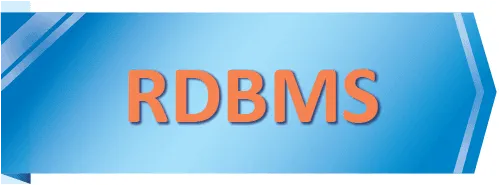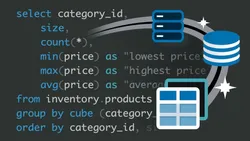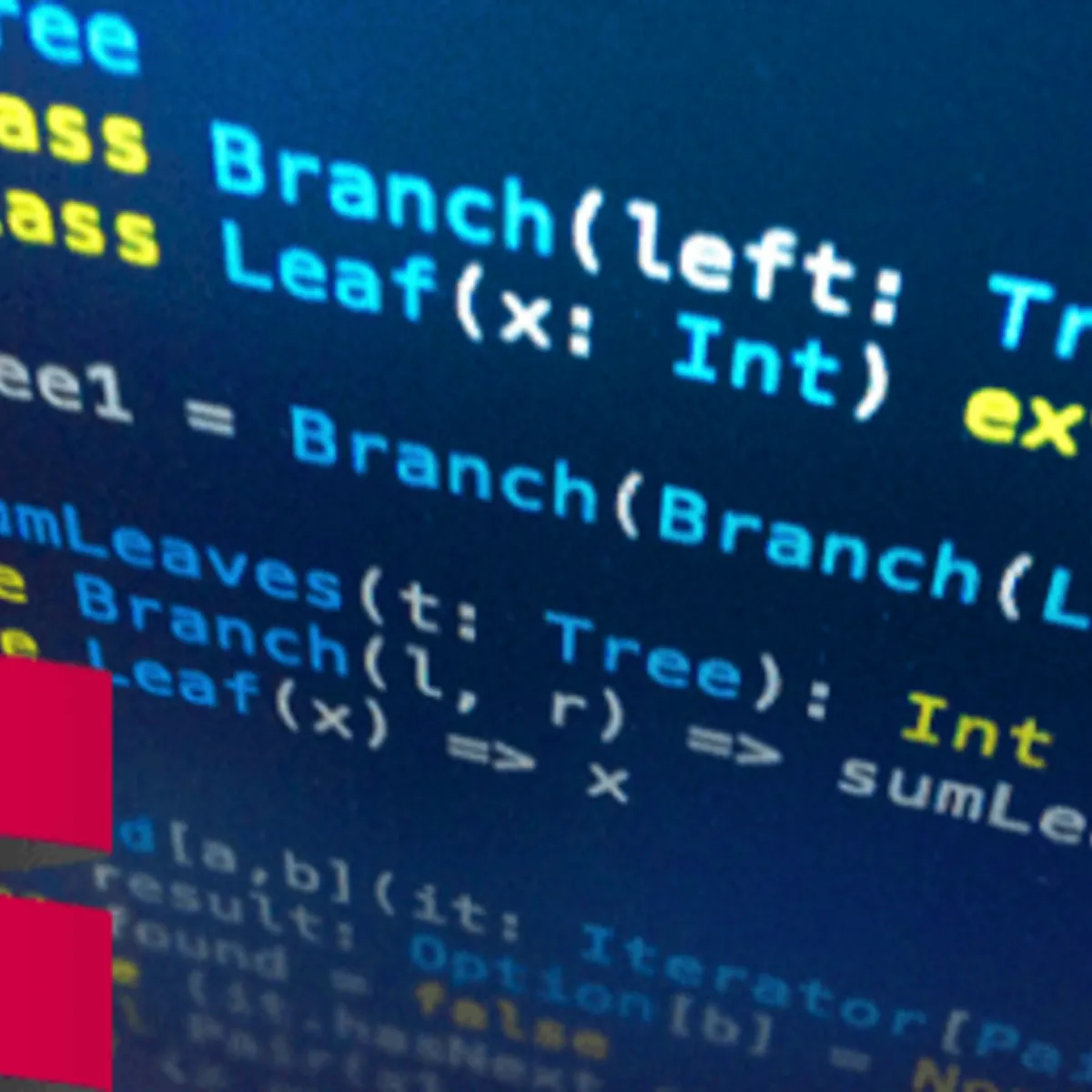
Build 5 Games in Python Beginner Portfolio Project 
Gain hands-on experience in Python programming while developing 5 fully functional games. Level up your coding skills and create an impressive portfolio to kickstart your career in game development or software engineering. ▼
ADVERTISEMENT
Course Feature
![]() Cost:
Cost:
Free
![]() Provider:
Provider:
Youtube
![]() Certificate:
Certificate:
Paid Certification
![]() Language:
Language:
English
![]() Start Date:
Start Date:
On-Demand
Course Overview
❗The content presented here is sourced directly from Youtube platform. For comprehensive course details, including enrollment information, simply click on the 'Go to class' link on our website.
Updated in [February 21st, 2023]
This course is designed to help beginners learn the basics of Python programming and build a portfolio of 5 games. Learners will gain an understanding of the fundamentals of Python, including variables, data types, functions, and loops. They will also learn how to create a game from scratch, including the logic and design of the game. Additionally, learners will gain an understanding of the game development process, from concept to completion. Finally, learners will be able to showcase their portfolio of 5 games to potential employers or clients. This course is perfect for those who are just starting out in programming and want to gain a solid foundation in Python.
[Applications]
After completing this course, students should be able to apply the knowledge they have gained to create their own games in Python. They should be able to use the concepts they have learned to create more complex games, as well as modify existing games to make them more interesting. Additionally, students should be able to use the skills they have acquired to create other applications in Python.
[Career Paths]
1. Python Developer: Python developers are responsible for writing and testing code, debugging programs and implementing software solutions. They use Python to develop software applications, websites, and other tools. Python developers are in high demand due to the increasing popularity of Python as a programming language. The demand for Python developers is expected to continue to grow as more companies adopt Python for their development needs.
2. Game Developer: Game developers use Python to create video games for various platforms. They are responsible for designing, coding, testing, and debugging games. They must have a strong understanding of game design principles and be able to create engaging and immersive experiences for players. The demand for game developers is expected to continue to grow as the gaming industry continues to expand.
3. Data Scientist: Data scientists use Python to analyze large datasets and uncover insights. They are responsible for collecting, cleaning, and analyzing data to identify trends and patterns. They must have a strong understanding of statistics and machine learning algorithms. The demand for data scientists is expected to continue to grow as more companies adopt data-driven decision making.
4. Machine Learning Engineer: Machine learning engineers use Python to develop and deploy machine learning models. They are responsible for designing, coding, testing, and deploying machine learning models. They must have a strong understanding of machine learning algorithms and be able to develop models that can accurately predict outcomes. The demand for machine learning engineers is expected to continue to grow as more companies adopt machine learning for their development needs.
[Education Paths]
1. Bachelor of Science in Computer Science: This degree path provides students with a comprehensive understanding of computer science fundamentals, such as programming languages, algorithms, data structures, operating systems, and software engineering. It also covers topics such as artificial intelligence, computer graphics, and computer networks. This degree is ideal for those interested in developing software applications, designing computer systems, and creating computer networks.
2. Bachelor of Science in Information Technology: This degree path focuses on the application of technology to solve business problems. It covers topics such as database management, web development, network security, and software engineering. This degree is ideal for those interested in developing and managing information systems, designing and implementing networks, and creating software applications.
3. Master of Science in Computer Science: This degree path provides students with an advanced understanding of computer science fundamentals, such as programming languages, algorithms, data structures, operating systems, and software engineering. It also covers topics such as artificial intelligence, computer graphics, and computer networks. This degree is ideal for those interested in developing software applications, designing computer systems, and creating computer networks.
4. Master of Science in Information Technology: This degree path focuses on the application of technology to solve business problems. It covers topics such as database management, web development, network security, and software engineering. This degree is ideal for those interested in developing and managing information systems, designing and implementing networks, and creating software applications.
The development trends for these degree paths include the use of artificial intelligence, machine learning, and big data analytics to create more efficient and effective software applications and systems. Additionally, the use of cloud computing and mobile technologies is becoming increasingly important in the development of software applications and systems. Finally, the use of virtual reality and augmented reality technologies is becoming more prevalent in the development of software applications and systems.
Course Syllabus
Introduction to Python and Game Development
Get familiar with the Python programming language and the fundamentals of game development. Set up your development environment.Game 1: Hangman
Create a classic word-guessing game. Learn about string manipulation, user input, and conditional statements.Game 2: Number Guessing
Build a number-guessing game where the computer generates a random number, and the player tries to guess it. Explore loops and random number generation.Game 3: Tic-Tac-Toe
Develop the popular Tic-Tac-Toe game. Dive into data structures, nested loops, and handling user input to implement the game logic.Game 4: Snake
Construct a classic Snake game. Learn about game loops, collision detection, and managing game state to create an interactive gaming experience.Game 5: Personal Project
Apply your skills and creativity to build your own unique game project. Get guidance and feedback from instructors throughout the development process.Course Provider

Provider Youtube's Stats at AZClass
YouTube has proven to be an exceptional platform for learning game development, and this is a fantastic course that exemplifies its educational potential. The "Build 5 Games in Python | Beginner Portfolio Project" course on YouTube is an absolute gem for aspiring game developers.
This course offers a comprehensive and well-structured curriculum that covers the fundamentals of Python programming and introduces game development concepts. The instructor's explanations are clear and beginner-friendly, making it easy to grasp the material without feeling overwhelmed.
Discussion and Reviews
0.0 (Based on 0 reviews)
Explore Similar Online Courses

Building Your First Extension in VS Code

How To Use Social Media For Teespring

RDBMS PostgreSQL

Intro To PostgreSQL Databases With PgAdmin For Beginners

PostgreSQL: Client Applications

Mastering SQL using Postgresql

Database Design and Basic SQL in PostgreSQL

PostgreSQL: Advanced Queries

Spatial SQL with Postgres : A language for geographers

Learn SQL Using PostgreSQL: From Zero to Hero

PostgreSQL Essential Training

Big Data Analysis with Scala and Spark
 Related Categories
Related Categories
Quiz
 Submitted Sucessfully
Submitted Sucessfully
1. What is the first game in the Build 5 Games in Python Beginner Portfolio Project course?
2. What is the last game in the Build 5 Games in Python Beginner Portfolio Project course?
3. What is the second game in the Build 5 Games in Python Beginner Portfolio Project course?
4. What is the third game in the Build 5 Games in Python Beginner Portfolio Project course?


Start your review of Build 5 Games in Python Beginner Portfolio Project